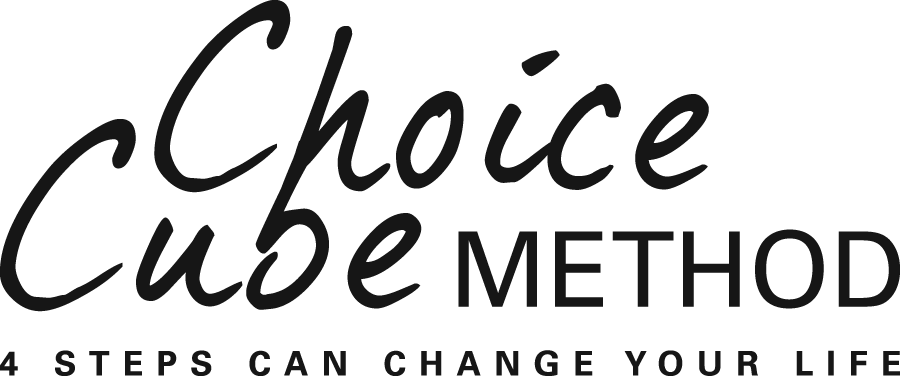Years ago, I learned that I could direct my emotions. You can, too. I invite you to try it. First, put a paperclip on your knee. Focus on it and tell yourself to feel “love” for it. Feel the love. Pretty interesting, huh? Now, try shifting to anger. If you try, you can even feel fear as you focus on that little paperclip.
That you can direct your emotions is old news. The new news, according to neuroscientists’ research, is that “mental rehearsal”--a repeated focus on a feeling such as love, anger, or fear--can make lasting changes to structures in your brain and body!
An example of mental rehearsal comes from the University of Wisconsin (Psychological Science 2013). This research suggests that a daily focus on being loving and compassionate affects pathways in the brain and reinforces those feelings. Equally as interesting, the research shows that this daily focus also changes behaviors, which become more loving and compassionate.
Along the same positive lines,“compassion meditation” was the subject of a recent study from Emory University. This is where you spend time focusing on your desire to develop feelings of compassion and kindness for others. As a result of this compassion meditation, subjects’ ability to read the facial expressions of others increased.
The takeaway is that the awareness of a feeling and simply focusing on your desire to develop that feeling can activate the neural circuits responsible for producing it thus creating or strengthening it.
Of course, what is true for positive emotions, is also true for negative ones. For example, noted researcher Candace Pert points out that your repeated focus on a negative emotion such as fear or disgust can lead to addiction to that emotion.
It’s the old law of sowing and reaping. (Whatever you put out there, gets you more of it.) It would seem that based on neuroscience research the old law has become the new law.
So what about you? Will you spend a few minutes each day focusing on some positive emotions and memories... on what you feel grateful for? If you do, the likelihood is that you will strengthen the brain pathways and connections that produce those positive feelings and get more of them.
If, however, you have trouble finding and focusing on the positive, you might be interested in how to overcome the things that block you. I invite you to take a look at Become the Person You Were Meant to Be The Choice-Cube® Method: Step by Step to Choice and Changehttp://amzn.to/Ug268G. You can retrain yourself, change, and grow to engage life more fully. You can also check out my website to learn more about the method.
2014 Choice-Cube Publications LLC. Licensed under Creative Commons Attribution 3.0 Unported License. Reproduction, copying, or redistribution (electronic or otherwise, (including on the World Wide Web), in whole or in part is encouraged provided the attribution Choice-Cube Publications is preserved




